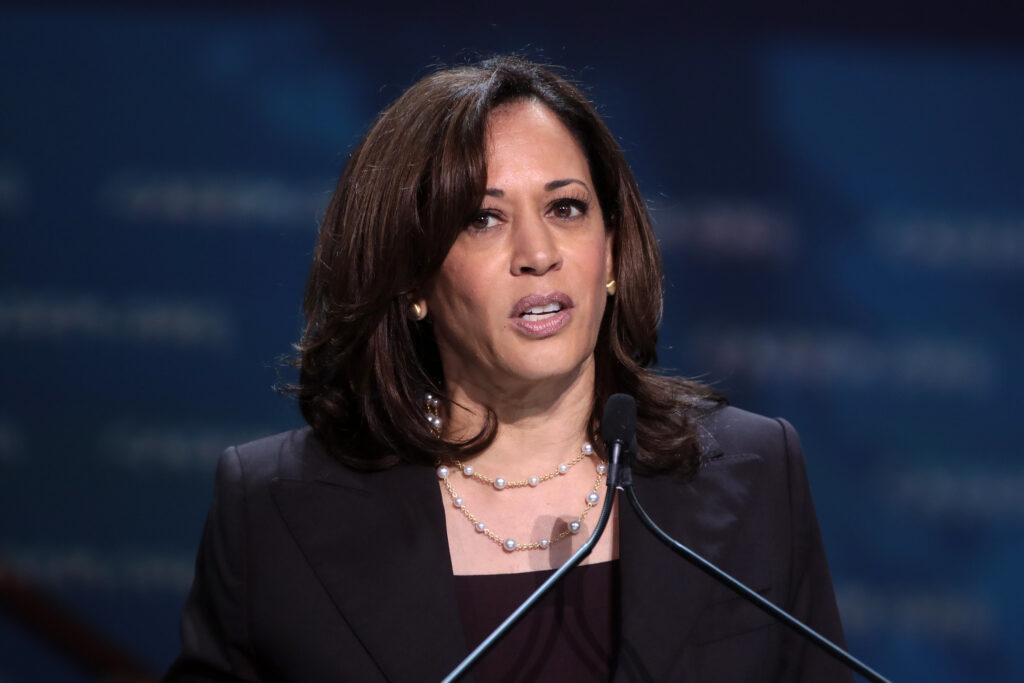Although opponents of educational choice insist that public schools are required to take every student and that tax dollars must never flow to private or religious institutions, the actions of public schools in at least seven states seriously undermine such arguments by sending tax dollars to private and religious schools to educate “at-risk” and special education students.
Rather than avoiding difficult-to-educate students, the private sector stands ready and willing to assume responsibility for their education, according to a November 1997 report from the Midland, Michigan-based Mackinac Center for Public Policy. “Do Private Schools Serve Difficult-to-Educate Students?” authored by Janet R. Beales and Dr. Thomas F. Bertonneau, focuses on students with mental, physical, emotional, and learning disabilities, students at risk of dropping out of school or who are victims of abuse, and juveniles who have committed crimes against individuals or property.
Nationwide, more than 3,000 special education schools and facilities in the private sector enroll more than 100,000 difficult and demanding students. Roughly 35,000 adjudicated youth are housed in 2,000 privately operated facilities. Half the children suffering from traumatic brain injuries are placed in private settings. U.S. Catholic church organizations alone operate 195 private schools for more than 15,000 students, specializing in children with disabilities.
“The existence of thousands of private schools that focus on nothing but difficult-to-educate children lays bare the myth that private schools just skim the cream and leave the toughest kids to the public schools,” said Mackinac Center communications director Joseph Lehman.
Lehman noted that Michigan’s Family Independence Agency is currently exploring privatization of youth education at various state facilities, with plans to convert ten public training sites into private schools. He applauded that effort, saying “it would allow the agency to take advantage of the considerable resources and expertise of private agencies, both for-profit and non-profit.”
The new Mackinac Center report profiles 15 private institutions offering unique and effective educational programs for troubled or disabled youth, six of them in Michigan. The Nebraska-based Boys Town directly cares for more than 27,000 youngsters each year in 14 states and the District of Columbia. The Helicon Shelter Education Program provides certified teachers, material, curricula, and academic record keeping on site at 27 emergency foster care shelters throughout Tennessee.
“Contrary to popular perception, the public schools do not accept every child,” say the report’s authors, noting that this is not a condemnation of the public schools but a recognition “that they cannot provide quality education to every child.”
“Where the public-education system should be criticized is in its selective use of the private sector to serve only those children the public schools will not educate,” write Beales and Bertonneau. “America’s public-education system should invite the participation of both public and private schools in educating all children.”
Beales is an adjunct scholar for the Mackinac Center and research project director for Kids 1 Inc. Bertonneau is a senior education policy analyst for the Mackinac Center and an English instructor in the Central Michigan University Extended Degree Program.
George A. Clowes is managing editor of School Reform News. His email address is [email protected].
For more information …
“Do Private Schools Serve Difficult-to-Educate Students?” written by Janet R. Beales and Thomas F. Bertonneau and released in October 1997 by the Mackinac Center for Public Policy, is available from the Mackinac Center, 140 West Main Street, P.O. Box 568, Midland, MI 48640; phone 517/631-0900; fax 517/631-0964; email [email protected]; Web http://www.mackinac.org.




